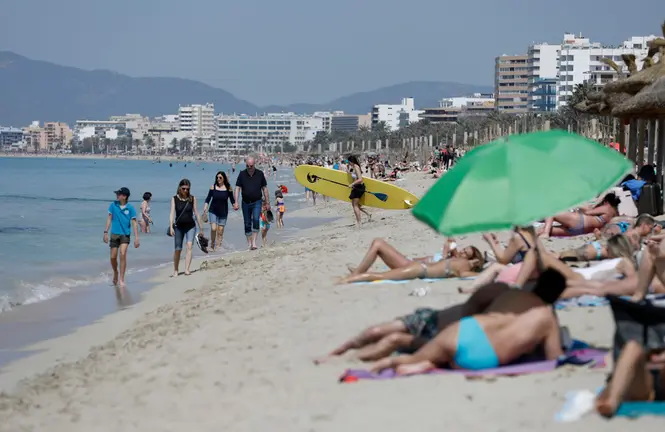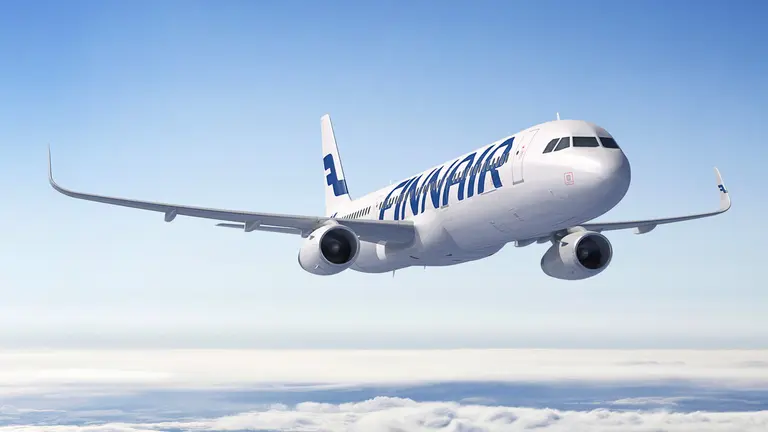The European Commission on Monday suggested opening the bloc's border to vaccinated travellers on non-essential trips, raising hopes for tourists to be able to return to the bloc in the near future.
This only applies to passengers who had received at least one shot with an EU-approved vaccine, however. These are: BioNTech/Pfizer, Moderna, AstraZeneca, and Johnson & Johnson.
European Commission President Ursula von der Leyen said she hoped this would give the European tourism industry a boost.
"Time to revive EU tourism industry and for cross-border friendships to rekindle - safely," she tweeted. "We propose to welcome again vaccinated visitors and those from countries with a good health situation."
The 27 EU countries would still have to agree to the plans for them to become reality. A commission official said his institution hoped for the new rules to be in place by the end of May at the latest - if the member states agree.
Several tourism-reliant countries have over the past months advocated for re-opening the bloc's borders to vaccinated people. Greece, for example, announced already in mid-April that it would open its borders to vaccinated people from certain countries.
The commission also wants to "significantly increase" the number of countries from which all travel could be allowed, the official said.
To this end, the EU executive suggested to raise the threshold of Covid-19 rates that determine from which countries all travel will be possible to an incidence rate of 100 cases per 100,000 inhabitants over a two-week period.
Additional requirements
It is ultimately up to the EU member states to determine who is allowed to travel to their territory, however. They can also decide on additional requirements, such as imposing mandatory quarantine or asking for Covid-19 tests prior to or upon arrival.
"The fact that someone with a vaccine is eligible to travel to the EU, doesn't necessarily mean that that individual will be able to enter into the EU without any other condition," the EU official said.
But while the commission is in favour of lifting restrictions on non-essential travel in general, it also proposed introducing an "emergency brake" in case new strains of viruses appear.
With such a tool, the commission envisages member states temporarily limiting all travel, bar the strict minimum, from affected countries in a coordinated way.
First discussions on the proposal will happen this week with EU ambassadors, according to the commission.










